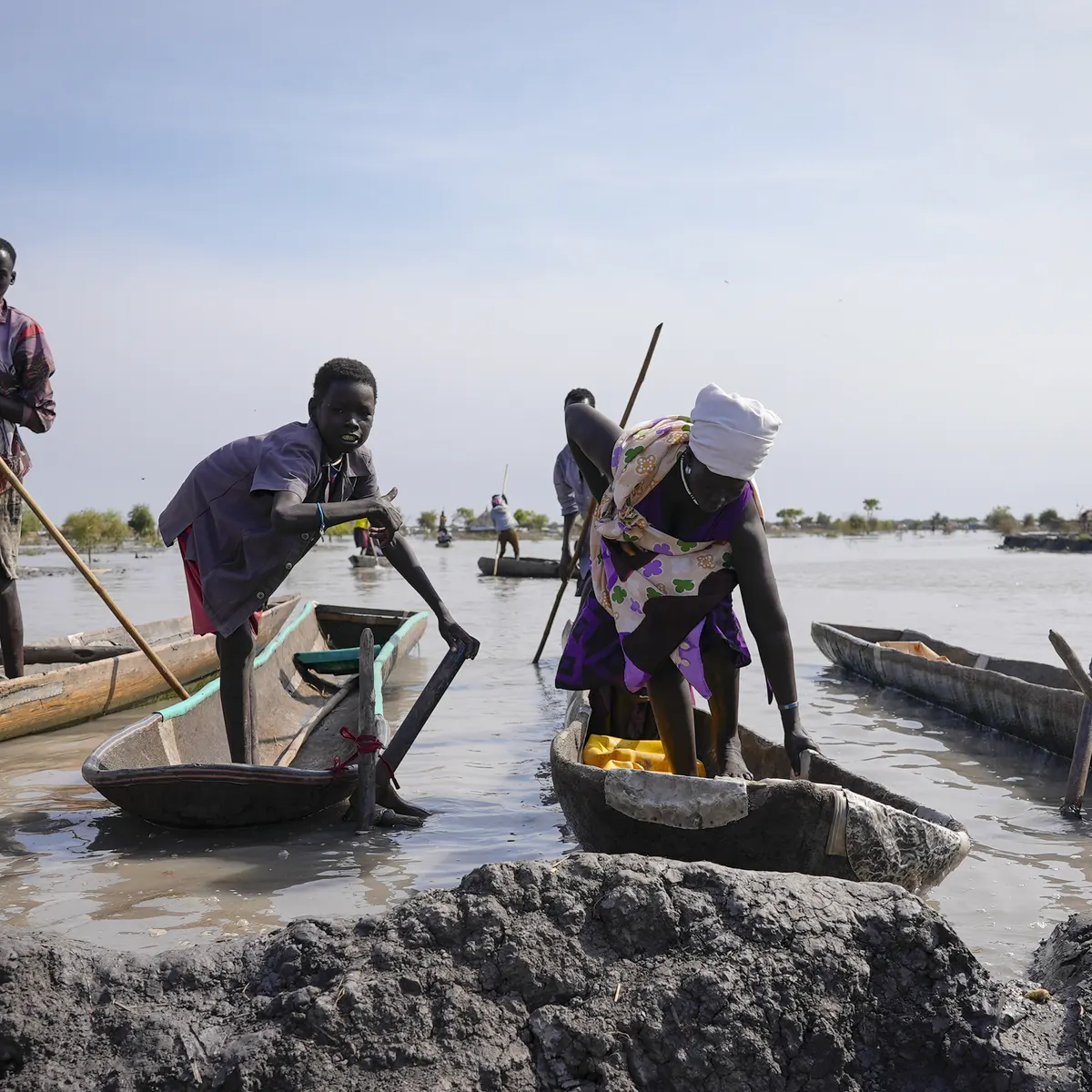In recent weeks, heavy rainfall and flooding in the Horn of Africa region have resulted in over 200 deaths, while tens of thousands of people have been displaced. The cause of this flood disaster is attributed to the simultaneous occurrence of the El Niño phenomenon and the Indian Ocean Dipole.
Africa contributes less than 10% of global greenhouse gas emissions, yet it is forced to deal with the adverse impacts of climate change, notwithstanding that the continent is least equipped.
The industrialization levels in Africa are significantly lower compared to developed countries, resulting in a minimal impact of industrial production on climate and the environment. Historical responsibility for climate change cannot be wished away. The carbon dioxide emitted during the Industrial Revolution is closely tied to today’s global warming.
And as the developed nations achieved growth, they started exporting some of their high-energy-consuming industries to some developing countries. Amid claims that developing countries contribute to harmful gas emissions, the problem lies with developed countries which are the root cause.
It therefore looks like the development rights of developing countries are not adequately protected within the so-called climate change discourse spearheaded by several developed countries.
Additionally, the insufficient development of infrastructure also indirectly affects Africa’s ability to control and mitigate the impacts of climate change. This inadequacy is also a consequence of the overall underdevelopment stemming from historical oppression and exploitation by developed countries.
Disaster relief is not the solution. Disaster relief requires significant human and financial resources. Africa is already grappling with development challenges, and coupled with the negative impacts of the international situation, it faces difficulties in dealing with major disasters. Inadequate infrastructure makes relief efforts even more challenging.
In the recent flooding in Kenya, roads and bridges were submerged, rendering some villages and towns isolated. The delivery of food and medicine to the affected areas became impossible, significantly hampering relief efforts. Some counties resorted to airlifting relief supplies from Nairobi, which is unsustainable.
Global development requires increased international assistance for Africa to cope with climate change. Africa has a huge population and this presents an opportunity for future global development. If the continent can realize its development goals and achieve the transition to green energy, this will be of paramount significance in creating a more sustainable global development ecology.
Africa has made substantial efforts toward this goal, with many African countries committing to transitioning to green energy within a short timeframe. Over 70% of African countries prioritize clean energy and agriculture in their nationally determined contributions. Africa possesses abundant renewable energy resources with significant development potential, and the commercialization of renewable energy, apart from hydropower, is accelerating.
in the meantime, Africa must assert its voice in addressing climate change. The African Climate Summit held in June is a noteworthy example. The summit adopted the “Nairobi Declaration,” urging developing and developed countries to collaborate in reducing greenhouse gas emissions and urging developed nations to fulfill their commitments of financial contributions and technical assistance.
In the face of the common challenge of addressing climate change, the role of African nations cannot be ignored. The voice of Africa should not merely be heard but should be heeded and genuinely influence the international agenda. Africa is both the destination for climate investments and a key participant in resolving the global climate crisis.
Zhao Qian is a Nairobi-based CMG Multimedia Journalist





